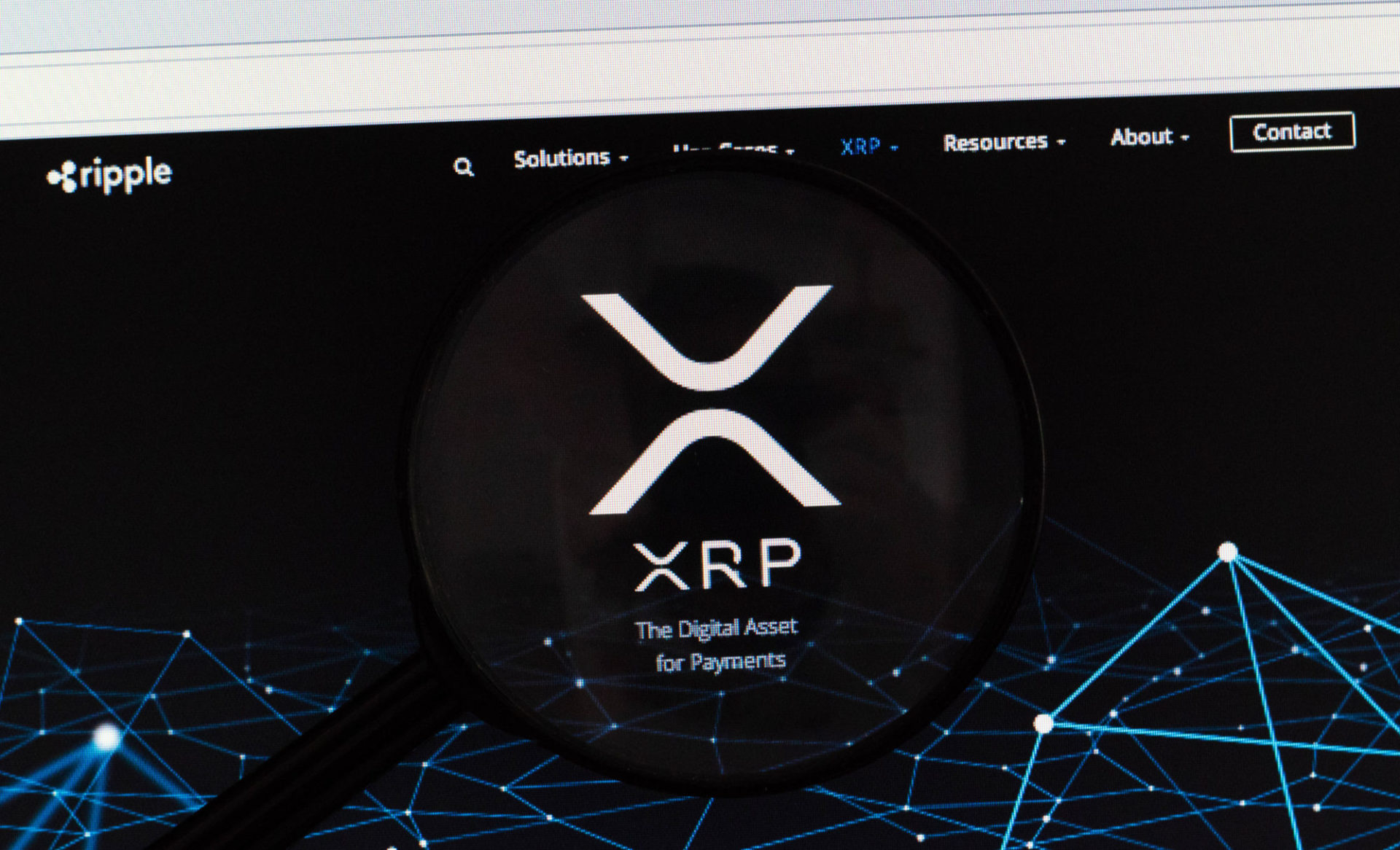David Schwartz Adamant That XRP Ledger Is Decentralized
As reported by Ethereum World News in August, David Schwartz, the chief technology officer at Ripple Labs, a San Francisco-headquartered fintech startup with a focus on decentralized ledgers and digital assets, took to his firm’s blog to touch on a pertinent subject matter. In a post, he claimed that the XRP Ledger, an ecosystem that Ripple builds on top of, is decentralized through and through, contradicting sentiment from its skeptics.
In a recent episode of “Ripple Drop” from the fintech upstart, Schwartz doubled-down on this thesis, telling thousands of viewers about XRP’s decentralization in a candid conversation.
Speaking to an interviewer, Schwartz, a programmer & cryptographer with two decades in the business and a key mind behind the creation of Ripple’s go-to ledger, remarked that over 2018, he saw a monumental increase in the decentralization of XRP. The Ripple C-Suite member even noted that the ledger in question is “even more decentralized than either Bitcoin or Ethereum,” noting that XRP is “operationally decentralized” in ways that other cryptocurrencies cannot be.
The programmer then chalked this up to the dichotomy between traditional Proof of Work (PoW) schemes, enlisted by blockchains such as Ethereum, and Ripple’s use of an alternative medium of consensus, which uses a system of validators and tracking servers. He explained that PoW hasn’t delivered on its promise of decentralization. Schwartz even went on to bash Bitcoin’s transaction latency, noting that the world’s first notable cryptocurrency has ten-minute blocks, increasing true finality times to upwards of an hour in some cases.
Schwartz’s recent comment regarding XRP’s decentralized nature comes after Brad Garlinghouse, a senior to the CTO as chief executive, took to Ripple’s Youtube yet again to make a very similar comment. Per previous reports from this outlet published in December, Garlinghouse claimed that this critique that XRP is centralized is fundamentally false. Speaking with Monica Long, one of Ripple’s senior vice presidents, Garlinghouse noted that “people are going to spread their FUD (fear, uncertainty, doubt),” adding that there is much misinformation regarding XRP’s status and underlying nature.
The chief quipped that due to the presence of misinformation, those misaligned may continue to “engage in whatever zealotry [they want].” Yet, in quick succession, Ripple’s top brass head even noted that “by many measures, the XRP Ledger is more decentralized than Bitcoin.” He elaborated:
Ripple runs seven validators, [which is] about four percent of [all] public validators… On the Bitcoin ledger or Ethereum ledger, you have a very small number of miners controlling, you know, well past 50% of [the] mining power.
Ripple Ecosystem Swelling
This newfangled crusade to determine whether XRP is centralized or not comes amid seemingly positive times for Ripple and its already expansive ecosystem. Over the past days, SBI Holdings’ VCTrade exchange began to launch withdrawals for the popular asset, BTC, and ETH. CoinGate, a leading crypto-friendly payment provider, began to enable XRP payments for merchants it is partnered with. And SBI Holdings joined a partnership with R3, which both support Ripple’s efforts.
Title Image Courtesy of March Verch Via Flickr

